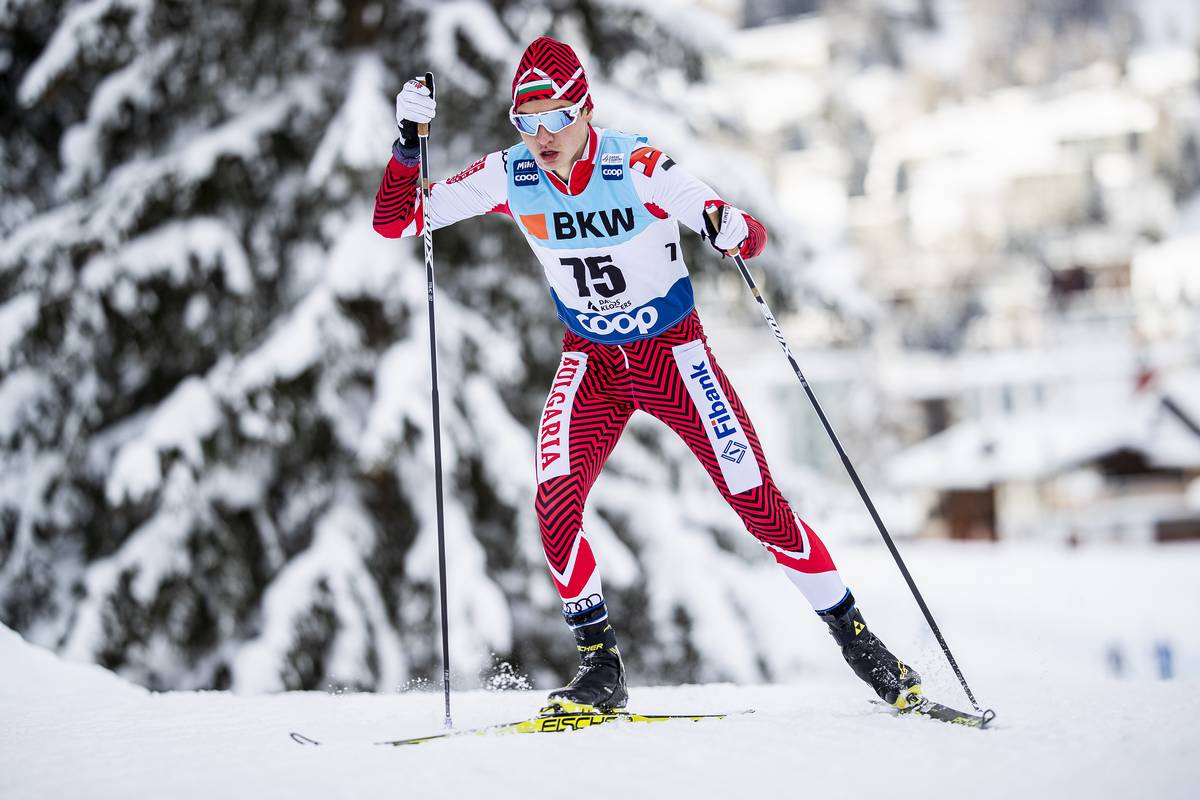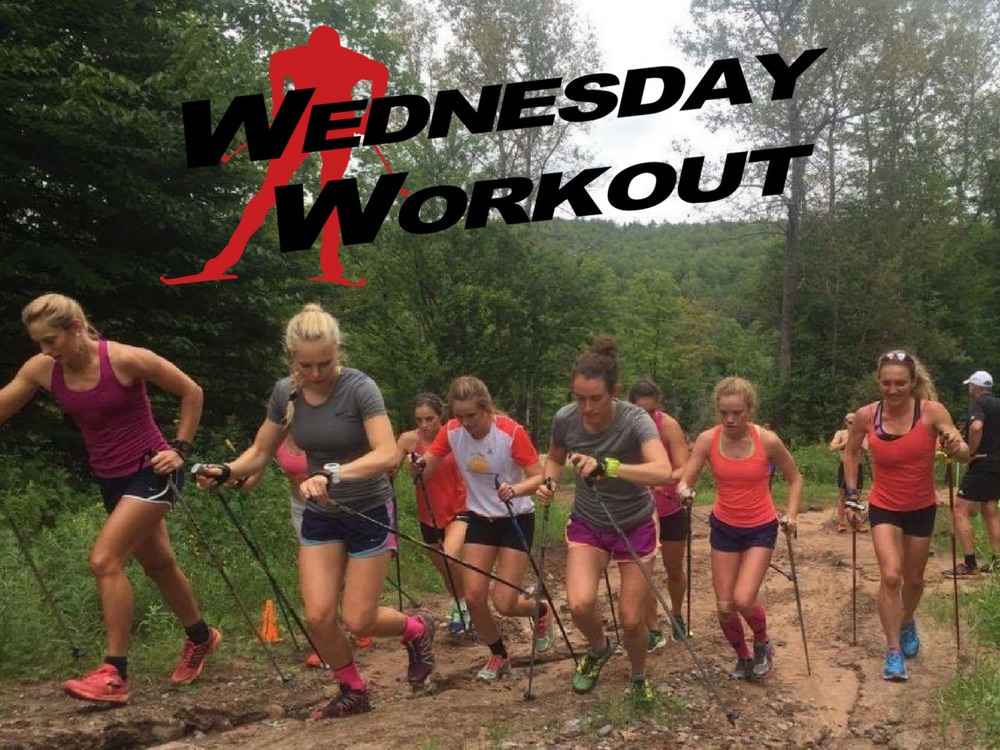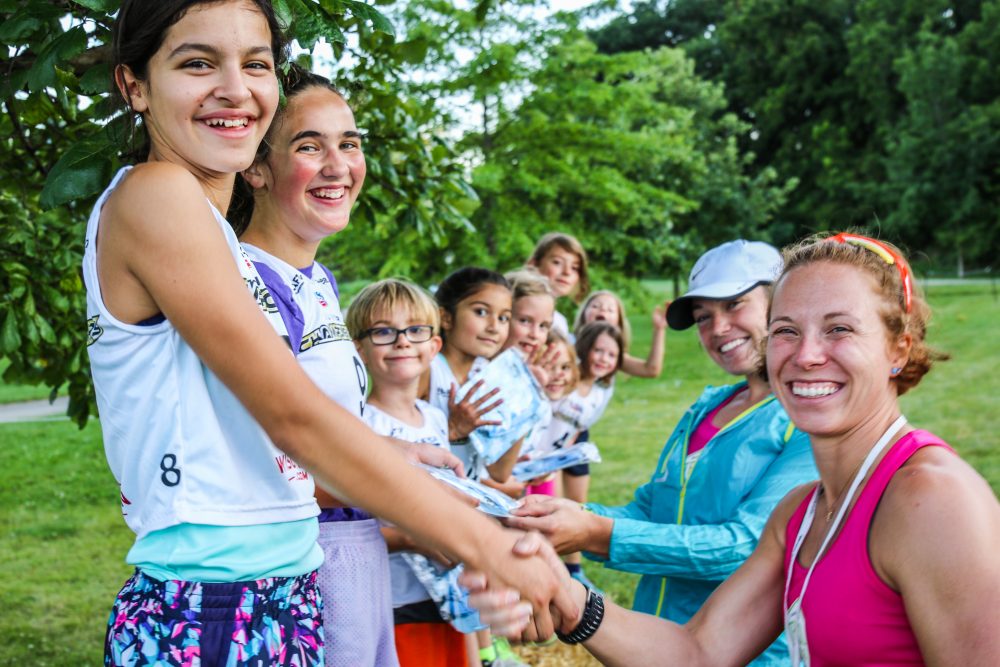
Ben Sim set history for his country at the opening races of this World Cup season when he took 30th place in the Beitostollen 15km skate, becoming the first Australian cross country skier to earn distance points in a World Cup.
Sim grew up in Cooma, Australia, and started skiing with his parents at age 10. Just six years later he was already traveling overseas to compete in FIS and OPA cup races. 2003 was his breakthrough year, as Sim qualified to represent his country in World Championships at Val di Fiemme. At Age 18, Sim was one of the youngest in the 15km race in which he took 66th place.
In 2004, Sim took 2nd in his country’s world loppet marathon, the Kangaroo Hoppet, and since then he has earned another 2nd place and won the race 4 times, proving himself to be one of the top skiers in Australia. In the Val Venosta U23 Championships in 2008, Sim placed 19th and 25th in the distance races, also proving he could race with the best of his peers on the international circuit. Now 24 years old, Sim has already been on the Australian national ski team for 7 years, but has yet to race in an Olympic Games. Currently he is the top-ranked Australian on the team, and his sight is set on Vancouver.
You are from Cooma and grew up skiing in the Perisher Valley, is that right?
Yep, that’s pretty much correct. I grew up in Cooma, more of an agriculture town, but have now moved to Jindabyne which is around 40 minutes up the road from Cooma but very close to Perisher. No snow in Jindy so it’s a 20 minute drive to the mountain to Perisher where there are alpine and cross country tracks.

How much snow does that area get?
It normally starts mid-June and snows anywhere from 1 metre to 2.5 metres. It’ll last until early October up high but this year was easily until November.
You must be very passionate about the sport of cross country skiing. With a reportedly big engine (I read an article about how, when you were 17, you stayed on a treadmill test at the Australian Institute of Sport for far longer than any other elite endurance athlete) you have had the opportunity to take up serious careers in other, less technical, endurance sports such as running or cycling. And I can’t imagine that nordic skiing very popular in Australia . What is it about skiing that made you stick with it and want to excel?
I’m not sure if passionate about skiing is the right word. I like skiing and it’s close to home but I don’t live for it. Sometimes I feel athletes get too much into their sport and when they have a bad day its like world war 3. I treat it as my job even though it’s not a big money maker. I prefer it that way. A lot of skiers are good at skiing but not great in fitness so they do well because of technique, mine is about half way in technique and fitness. I think it’s easier for me to do well in skiing as I’m not a great runner and when it comes down to cycling I’m not keen to take drugs.
Do you compete in any other sports when you are not ski racing?
Skiing is the only sport I do at an elite level but I’ll go in a few running races and love surfing and cycling in the warmer months.
It’s completely different in Australia compared to the US. We don’t have teams sponsored by a company. We have state teams and considering there are only two states with snow that’s about as big as it gets. Athletes like me are part of ski lodges that help out a bit financially but we don’t race or travel together. If you make it on the national team then you have the choice to come over to Europe and compete on OPA or World Cups. Support is a little different as well once you get to Europe. There can be up to 10 athletes with 1 guy doing waxing, testing, coaching, organizing, attending captains meetings, driving the team bus and part-time model (ok he doesn’t do that) for everybody; that guy is Finn Marsland and no one really knows how he does it, but I think he has an identical twin to help out.
How are you supported, do you have major sponsors?
This year is incredible for me as I received a Scholarship from the Vancouver Olympic Committee. This has given me enough support to travel and also pay for a wax service man. I have also received a lot of money from local businesses, and especially from ex-Mogul skier, Olympian, and friend Manuela Berchtold who gives athletes scholarships from fund-raising and also gives money to winter athletes who are striving for the highest.
How and when did you first meet your coach, Nick Almoukov?
Nick was the head coach of the Paralympic Russian Team for the Albertville and Lillehammer Olympics but then applied to other countries for work. The Australian Paralympic Committee gave him a 3 month visa, but once he got here they didn’t have any money to pay him. He stayed anyway and started training a few juniors with no english or money or even a home. Somehow he liked it enough to bring his family back, and from there on the Almoukovs have welcomed me into their home.
I don’t know many athletes who have had the same coach for so much of their athletic career – what is it that makes you two work well together, and what are Almoukov’s main strengths as a coach?
I suppose so, I’ve never really thought about it. Nick was my first coach and has been there before when it gets serious. Nick and his wife Irena are like a mum and dad to me with their two sons Kostya and Alex who are like brothers. I have lived with them for long periods of time in Australia and Russia. We fight like a father and son would, but then leave it at home when we go out for racing or training. His best strength is probably not pushing me too hard. I’m the sort of person who will do whatever he says – doesn’t matter if I feel good or bad – so he looks at that all the time.

Where do you now live and train?
I now live with my fiancé in Jindabyne, a pretty fun town that goes from 3,000 people in the summer to 20,000 in the winter. If I had the dream life I’d spend my time on the northern beaches in Sydney but that comes with a nice price. I spent the last winter 08/09 in Anchorage, Alaska living with Kikkan and Jeff Ellis. They let me live there for ages and everyone knows how much fun Kikkan and Jeff are. Eric Flora welcomed me into the APU team so I trained and raced with them everyday which is exactly what I needed. Nick always told me “if you want to go faster, start training with athletes who are faster”, so I did.
Since your winter is during our summer, do you end up spending a good deal of your year in the winter season? How is your year divided, as far as training and racing goes?
Its the most common question for us Aussie’s, “How do you spend your life in winter?” It’s a little different to go back to Australian winter than most European places. I normally get home in April where it can be 30 C and then by September it gets hot again, so we don’t really miss out on Summer. With training I think we do the same as anyone else. During that time of year you would normally do 2 hard sessions a week anyway, so we use the weekend races for that. I actually get a bit bored training without races so it’s perfect for me.
You started racing FIS races in Europe when you were 16 years old – what races had you done prior to give you an indication that you were competitive on an international level?
I had only done Australian races, but with the Senior Men. A lot of people said I was doing the wrong thing by skiing in “Open” classes but I think it helped me to ski faster at an earlier age. It can be a bit of a downer when you come to Europe and feel you may finish well but get pumped. It happened at my first WC in Nova Mesto. I was last on the results but it didn’t worry me too much as I knew I could do better because I’d already competed against older competitors.
You’ve had an amazing number of starts on the international race circuit – how have you dealt with the travel and racing in order to stay fresh and sharp?
I can assure you I don’t feel fresh all the time. Sometimes in the season I have an awesome race and then the next day I suck. For sure travelling isn’t much fun for 5 months straight without going home (I’m not sure if any other team does that, maybe the Japanese). It would keep me fresher if I could go home during the season but I just deal with it. Over the years things have changed. When I was a young kid nothing really worried me but now that I’m in a relationship it’s harder. Luckily Sami (Ben’s fiance) is a winter athlete as well, going for a spot on the Olympic team for skier cross, so we get to see each other a few times over here and that helps. She keeps me in line so I don’t get too side tracked of what I’m meant to be doing.

If your wins in the Hoppet are any indication, it would seem your strength lies in marathon racing – why have you not competed in more long-distance races?
The great thing about having a World Loppet in Australia is that the Euro’s come over a day before the event and are tired and are at altitude, so that helps the winning streak. Tables turn though when I’m starting a 50km WC. Everyone is good and can win so I’m not great at the longer races. I am entering the Engadine Marathon in Switzerland this season so we’ll see how that goes.
What are your strengths as a skier and what are your weaknesses?
My main strength is 15 km individual events, especially in freestyle. I like it when I can go my own pace. In the past I haven’t had a good track record when it comes down to a sprint finish, but that doesn’t mean I’m not working on it. All I have to do is cut off Northug’s legs and I’ll be fine.
You’ve had a lot of national success and had some solid races in the OPA cup and World Juniors/U23’s, but never closed in on the top seed at a World Cup before your historic 30th in Beitostolen. What led up to this fantastic race – could you tell you were in good form heading into the race weekend? Does this give you confidence that you can continue to ski in the top of a World Cup field?
Yea pretty much since April I have felt good. Training had been the same as normal before any event but I’d also just got new skis from Salomon and they are much faster, so that helped. I did the race in Beitostolen the week before and ended up 36th and was happy with that. I even thought “if go a bit faster next weekend I could be top 30” but then I saw I was ranked 74th for the WC race and then thought “ok dreams are nice but get real, this is WC” so when I saw the result I was pumped and thought “yep it’s not impossible, I can do it again”.
When will the Olympic selection be announced – are you officially part of the team yet?
Our Olympic team is announced on the 20th of December after the 30 km at the Rogla WC. Australia has 3 places to send athletes – 1 male, 1 female and 1 of either sex – so our selection is whoever gets the best result in Olympic style events. It’s a nice feeling knowing that if you want to qualify now for the Australian team you have to get top 30.

You are a fan of hip-hop, especially Kanye West. Is there an Australian rapper/rap group that you think should get more international credit? Do you have any favorite songs/lyrics you want to share with us?
It’s a bit embarrassing but yea I like hip hop and dirty electro music. For some reason a good beat just gets me going. I don’t listen much to the words, I just like how it sounds. I’m going to get killed for this, but I don’t really like Australian Hip-Hop. Our accents don’t sound very good compared to Kanye, 50 or T.I.
Do you eat Veggie-mite?
Vegemite is my biggest food, probably eat it more than pasta….
not really, you have to know how to eat it right. You can’t spread it on bread like you would with peanut butter. It has to be nice and smooth and is better on toast with melted butter.





One comment
Pingback: Dario Cologna (SUI) and Suzanne Nystrom (SWE) win Engadin Ski Marathon; Andrew Johnson of U.S. in 31st